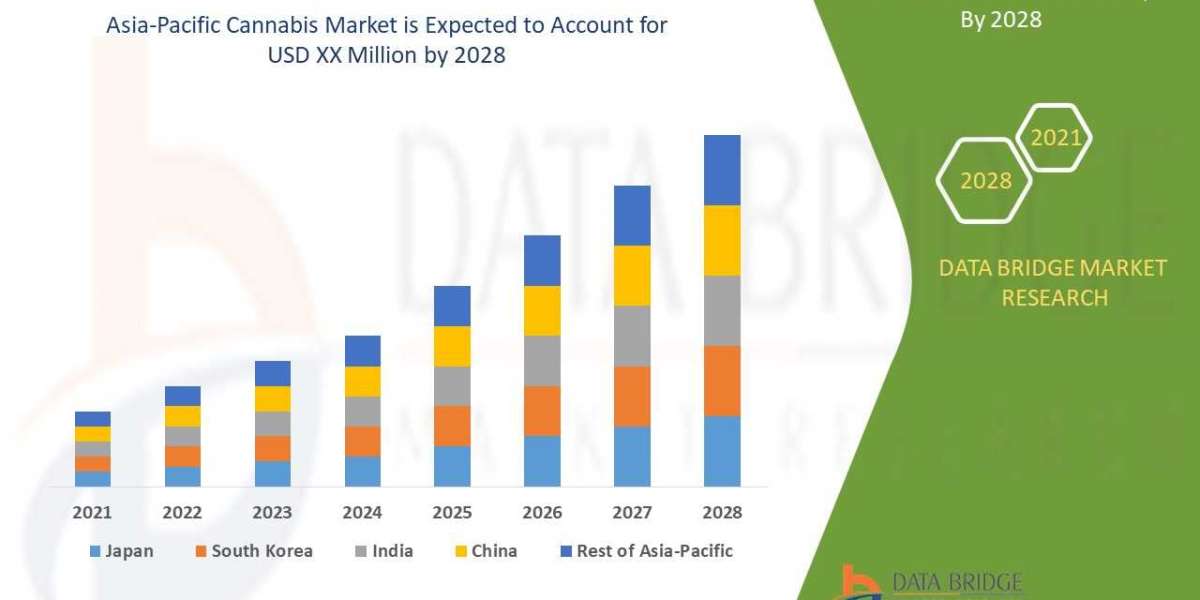Artificial Intelligence (AI) is no longer just a buzzword in digital marketing—it has become the driving force behind personalized customer experiences, smarter advertising strategies, and data-driven decision-making. As we step into 2025, AI is reshaping the digital marketing landscape in unprecedented ways. In this blog, we’ll explore how AI is transforming digital marketing, the tools leading the charge, and how businesses can harness its power to stay ahead of the competition.
1. The Role of AI in Digital Marketing
AI simplifies complex tasks, enabling marketers to focus on strategy rather than execution. By leveraging machine learning, natural language processing, and predictive analytics, AI enhances campaign effectiveness and boosts ROI. Its ability to analyze vast datasets and identify patterns allows businesses to deliver hyper-targeted messaging and anticipate customer needs.
2. AI-Driven Trends in 2025
- Hyper-Personalization: AI tools analyze user behavior, preferences, and past interactions to deliver personalized content, emails, and recommendations in real time.
- Predictive Analytics: Marketers can now predict customer behavior, such as purchasing decisions or churn rates, using AI-powered analytics.
- Chatbots and Virtual Assistants: Advanced AI-powered chatbots offer 24/7 customer support, handle complex queries, and provide a seamless customer experience.
- Voice Search Optimization: With the rise of voice search, AI is helping brands adapt to conversational queries, ensuring better visibility in search results.
- Dynamic Content Creation: AI tools like ChatGPT and Jasper.ai assist in generating high-quality content, from blog posts to social media captions, tailored to specific audiences.
- Automated Ad Campaigns: AI optimizes ad placements, budgets, and creatives to maximize ROI across platforms like Google Ads and Facebook.
3. Benefits of AI in Digital Marketing
- Enhanced Efficiency: AI automates repetitive tasks, such as email marketing, social media posting, and data analysis, freeing up time for creative strategy.
- Improved Customer Experience: Personalized recommendations, timely interactions, and efficient customer support foster loyalty and satisfaction.
- Data-Driven Decisions: AI enables marketers to base strategies on actionable insights rather than assumptions.
- Cost-Effective Marketing: By optimizing campaigns and reducing wasted spend, AI ensures a higher return on investment.
- Scalability: Whether you’re a small business or a global enterprise, AI adapts to meet your marketing needs.
4. Top AI Tools for Digital Marketing in 2025
- ChatGPT: Ideal for content generation, customer support scripting, and brainstorming ideas.
- Jasper.ai: A powerful tool for creating marketing copy, blog posts, and ad creatives.
- HubSpot: Offers AI-powered customer relationship management (CRM) and marketing automation features.
- Phrasee: Optimizes email subject lines, push notifications, and ad copy using AI.
- Pathmatics: Provides AI-driven insights into competitors’ ad strategies and performance.
- MarketMuse: Enhances content strategies by identifying gaps and optimizing for SEO.
5. AI and SEO: A Perfect Match
AI is transforming search engine optimization by:
- Keyword Analysis: Identifying high-value keywords and long-tail variations more efficiently.
- Content Optimization: Analyzing top-performing content and suggesting improvements for better rankings.
- Voice Search Adaptation: Optimizing for natural language queries used in voice searches.
- SERP Analysis: Understanding search intent and predicting which content will rank higher.
6. Ethical Considerations in AI Marketing
While AI offers incredible benefits, marketers must address ethical concerns:
- Privacy Issues: Ensure transparency in data collection and comply with regulations like GDPR and CCPA.
- Bias in Algorithms: Regularly audit AI tools to eliminate bias in targeting and decision-making.
- Human Oversight: While AI excels at data analysis, creative strategies and decision-making still require a human touch.
7. The Future of AI in Digital Marketing
As AI continues to evolve, it will integrate more seamlessly into marketing workflows. Expect to see advancements in areas like:
- Augmented Reality (AR): AI-driven AR experiences will create interactive and immersive marketing campaigns.
- Emotion AI: Understanding and responding to customer emotions through tone analysis and facial recognition.
- Proactive Customer Engagement: AI will anticipate customer needs and deliver solutions before they even ask.
Conclusion
AI is not just enhancing digital marketing; it’s redefining its future. By embracing AI technologies, businesses can create personalized experiences, improve campaign efficiency, and gain a competitive edge. However, the human element remains vital—combining AI’s capabilities with creativity and ethical practices is the key to long-term success. As AI continues to shape the marketing landscape, now is the time to adapt and innovate.


